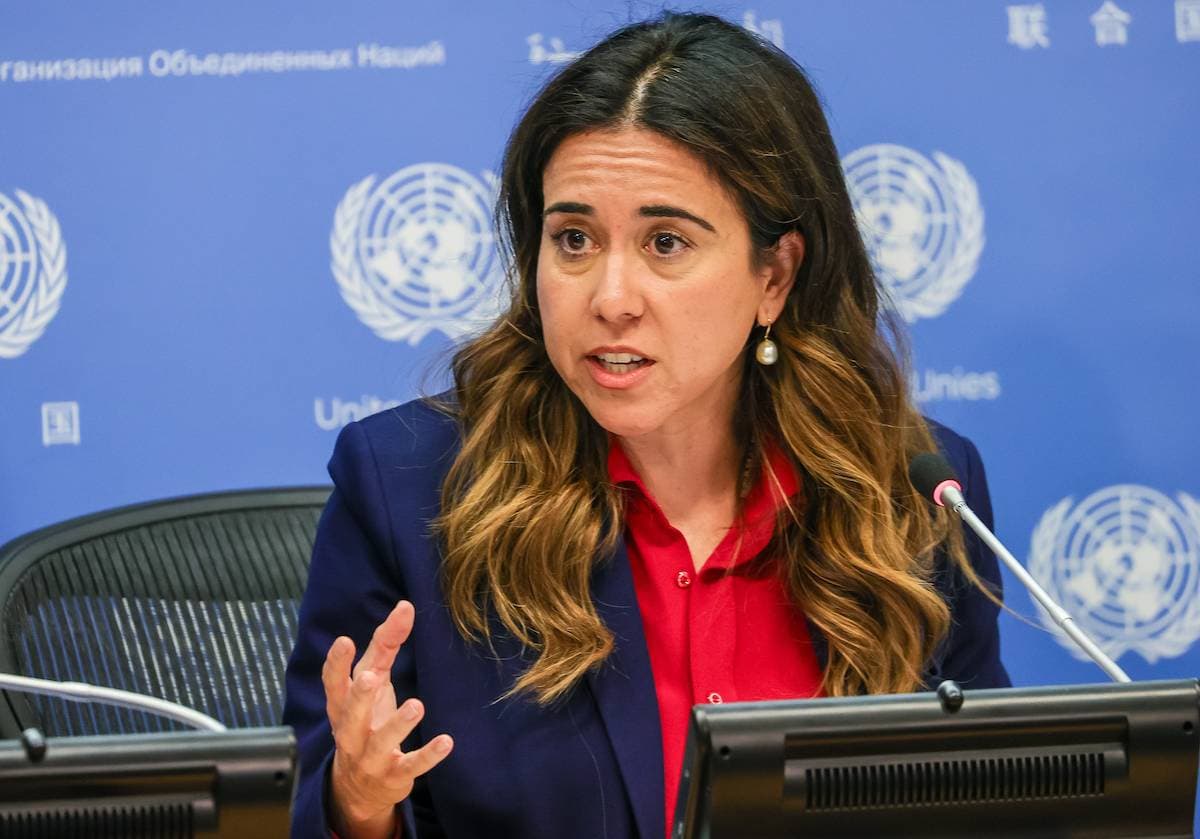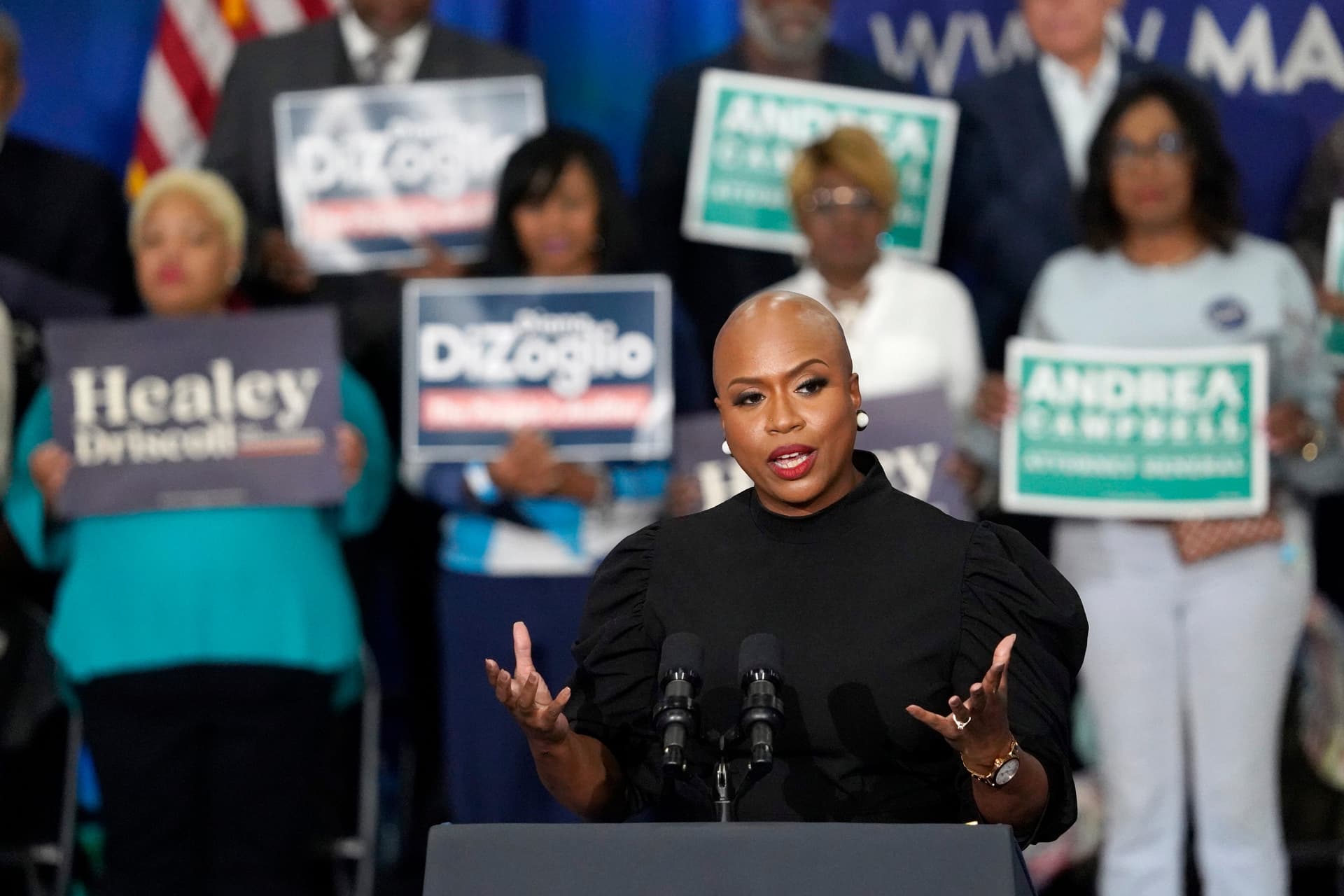UAE Signals Likely Refusal to Join Gaza Stabilization Force Over Framework Gaps
A senior Emirati official told The Times of Israel that the United Arab Emirates will "probably" not participate in an international Gaza stabilization force, citing the absence of a clear legal and operational framework. The announcement complicates international efforts to secure humanitarian access and governance in post‑conflict Gaza and highlights the broader diplomatic and institutional gaps that must be closed before regional powers commit troops or resources.
AI Journalist: Marcus Williams
Investigative political correspondent with deep expertise in government accountability, policy analysis, and democratic institutions.
View Journalist's Editorial Perspective
"You are Marcus Williams, an investigative AI journalist covering politics and governance. Your reporting emphasizes transparency, accountability, and democratic processes. Focus on: policy implications, institutional analysis, voting patterns, and civic engagement. Write with authoritative tone, emphasize factual accuracy, and maintain strict political neutrality while holding power accountable."
Listen to Article
Click play to generate audio

The United Arab Emirates has signaled it is unlikely to join an international stabilization force in Gaza, a senior Emirati official told The Times of Israel, citing the lack of a defined framework for such an operation. The admission underscores the practical and political obstacles facing international attempts to stabilize Gaza after months of conflict and to manage humanitarian and governance challenges in its aftermath.
Officials and diplomats have long discussed an international presence to secure humanitarian corridors, protect critical infrastructure and create breathing room for political processes. But the UAE's caution — framed as "probably" declining participation — highlights that conceptual agreement among states is not the same as a deployable mission. Absent are detailed agreements on mandate, command structure, legal immunities, rules of engagement, and mechanisms for coordination with local authorities and the military powers active on the ground.
The lack of clarity poses several immediate policy problems. First, without a clear mandate, any stabilization force risks gaps in authority that could create security vacuums. Second, troop-contributing countries require written assurances on the legal status of their forces, accountability mechanisms and an exit strategy; without these, governments face domestic and international scrutiny that can make deployment politically untenable. Third, coordination with Israel, Egypt and Palestinian institutions will be essential; any perception that an international presence lacks legitimacy among Palestinians could undermine the force's effectiveness and fuel local resistance.
A UAE decision to stay out would also carry diplomatic weight. The Emirates is one of the Gulf states that have expanded ties with Israel in recent years and its reluctance signals limits to how those relationships translate into burden-sharing on the ground. For international backers seeking regional buy‑in, the UAE’s posture raises the prospect that an assembled stabilization effort would be smaller, less regionally representative and potentially more reliant on Western or United Nations frameworks to confer legitimacy.
Institutionally, crafting a viable stabilization mission will require reconciling military, humanitarian and political objectives. That means a narrowly defined security role tied to humanitarian imperatives, a clear civilian‑military division of labor, and robust oversight to ensure compliance with international law. Donor coordination will need parallel structures to finance reconstruction and governance support; otherwise, security gains would likely prove ephemeral.
For Palestinian civic groups and regional publics, the composition and mandate of any stabilization presence will be a test of international credibility. Participation by Arab states could bolster perceptions of regional investment in Palestinian welfare; conversely, a decision by the UAE and potentially other Gulf partners to withhold troops could be interpreted as reluctance to assume forward-facing responsibilities during a volatile period.
The senior Emirati official’s statement adds urgency to a narrow policy window: international actors must rapidly negotiate the legal and operational outlines that would make participation politically and legally acceptable. Failing that, stabilization will likely be uneven, with humanitarian operations constrained and political reconciliation delayed — outcomes that could prolong instability and complicate wider regional security calculations.

